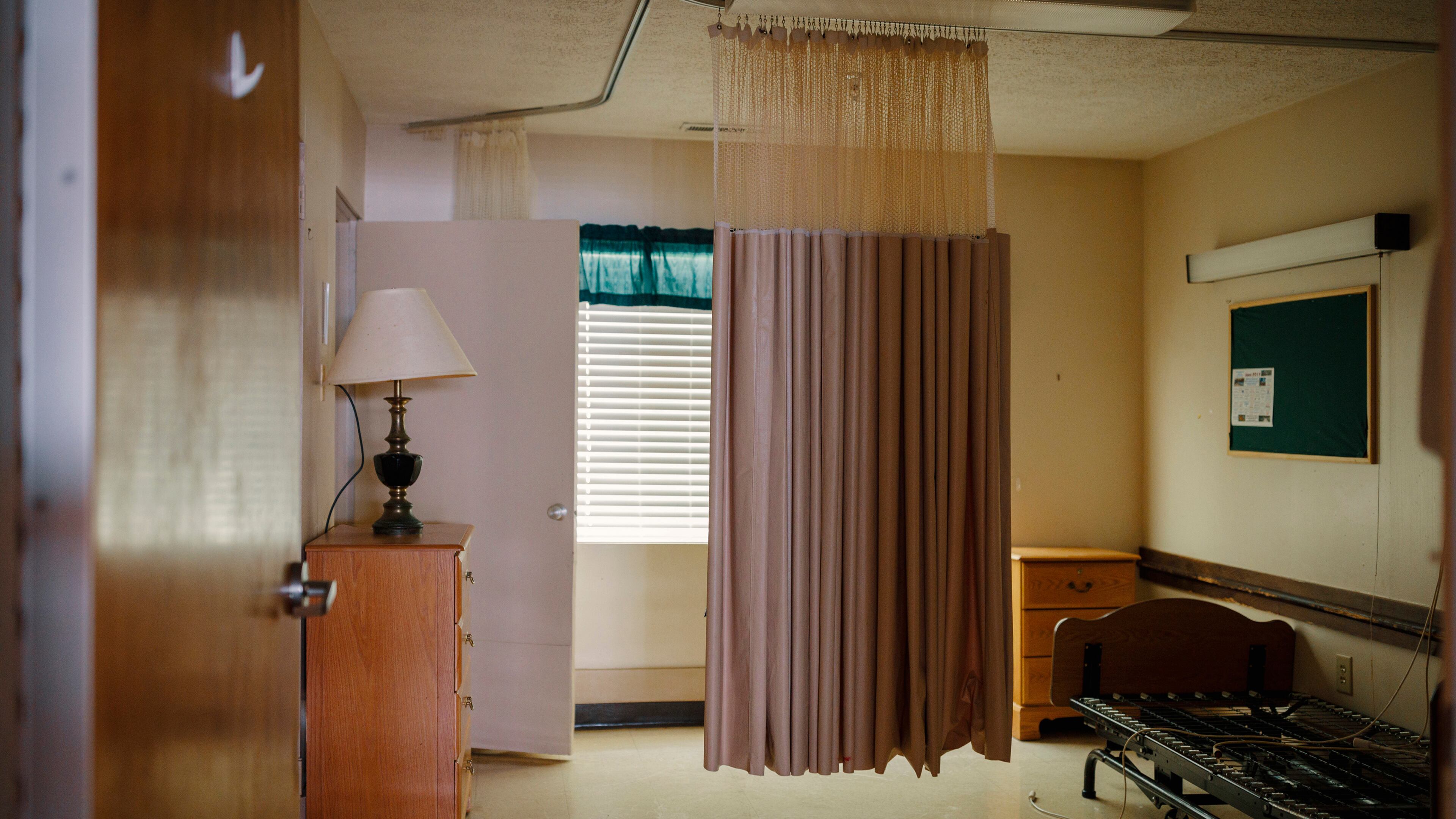Opinion: Bill limiting nursing home cameras needs changes

Begging for help for over 30 minutes, James Dempsey, a World War II veteran and resident of a nursing home, died on February 27, 2014. Video footage shows that staff members responded to Mr. Dempsey’s room and told him to stop pressing the call button. They left him there to die. When his family was notified that he had passed away, they were told that he died in his sleep. Thanks to a recent Georgia Supreme Court decision, the video of Mr. Dempsey’s final moments can be used in the criminal trial against his so called “caregivers.”
And yet, less than three months later, the Georgia General Assembly is considering a bill that would prevent residents and their families from obtaining recordings like these. Prosecutors would lose an essential tool to bring charges against caregivers who neglect and even abuse residents in long-term care facilities. House Bill 605 disallows the use of hidden cameras in long-term care facilities, which is a security protection that homeowners possess. This is a naked attempt to undo the Supreme Court opinion which ruled that vulnerable residents in nursing homes can use hidden cameras to protect themselves and their possessions.
HB 605 would require residents and their families to use visible cameras, and creates a list of prohibitions for the use of the camera which would require the camera to be turned off frequently. There are no penalties in the bill for staff who turn off the camera and fail to turn it back on.
Families want to monitor the care of their loved ones – especially now, when visitation is sharply limited or completely forbidden. Families viewing overnight footage might see that their loved one had a restless night, or fell out of bed, or placed their dentures in a place that might not otherwise be found. These are all good reasons to have the video running all the time and not have facilities turning the device off and on.
Advocates tried to make changes to the bill but were unsuccessful. The sponsor rejected the recommendations offered by Melanie McNeil, Georgia’s Long Term Care Ombudsman, who worked with advocates including AARP Georgia, the Georgia Council on Aging, the Alzheimer’s Association and others to craft a true compromise that would protect our elderly citizens in facilities.
During this time of resident lockdown and isolation when cell phones, computers and other devices offer lifelines to residents, this bill gives facilities absolute authority to confiscate each resident’s cell phone, tablet, computer and any other device with no warning. All because the devices could be used to record activities. Residents are withering away as it is, and this bill would allow facilities to be the fox guarding the henhouse!
If HB 605 passes, residents and families will have two options. They could comply with the nursing home’s unnecessarily complicated paperwork and try to make sure the camera is unobstructed and turned back on every time it is turned off. (Which is not possible during the current pandemic and would never be possible in the middle of the night.) Or they could install a hidden camera and monitor their loved one at all times. But they will not be able to use the video if there is a subsequent civil or criminal trial. No matter what they see – and no matter what is done to their loved one in that room. In Mr. Dempsey’s case, his “caregivers” would not be prosecuted for ignoring his pleas for help. And they would be free to work in facilities where they could do the same thing to other residents.
The Georgia Council on Aging calls on the legislature to change this legislation to give families the control they need. One can hardly challenge the right of residents to use cameras after watching the video of Mr. Dempsey begging for his life.
Ruth Lee is the chair of the Georgia Council on Aging and a resident of Tifton.


